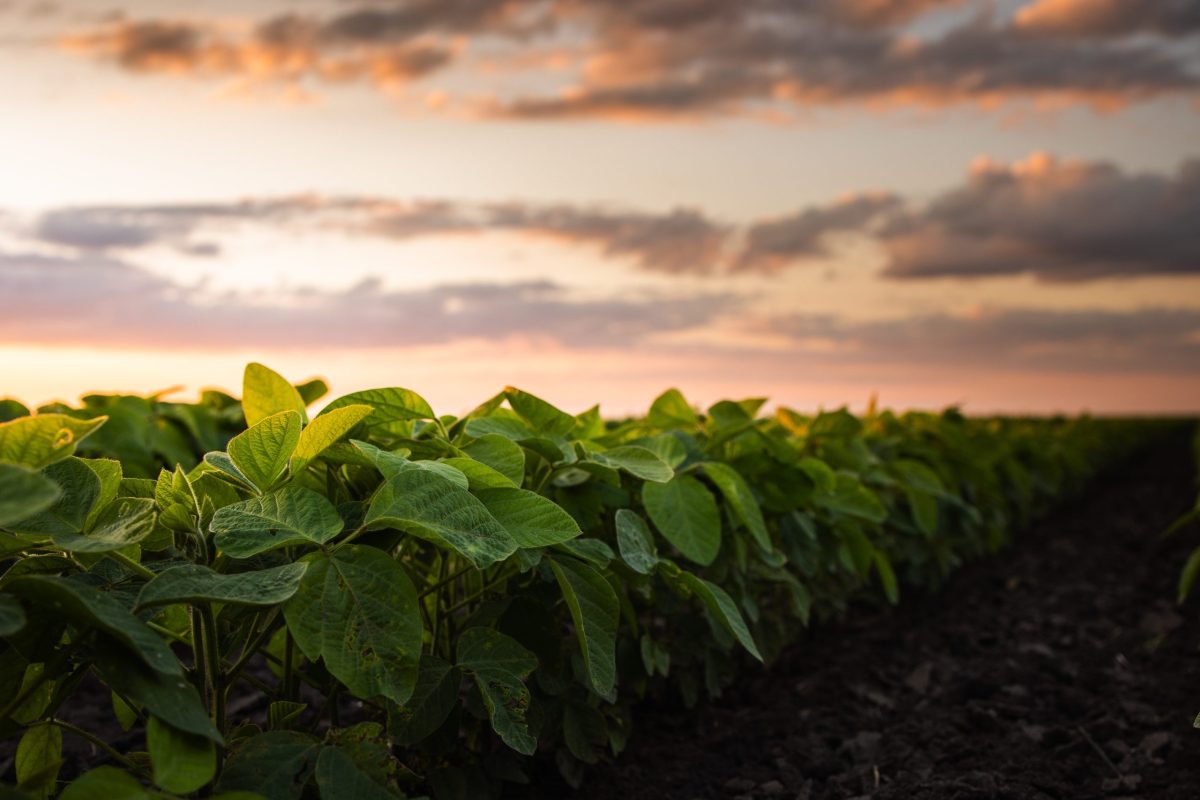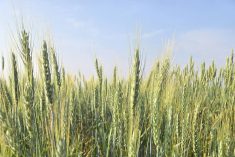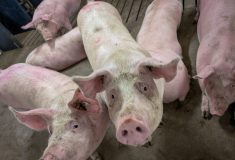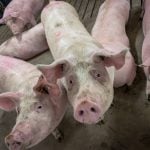Changes to penalties for impaired driving in Alberta take effect Sept. 1.
Legislation passed last year to administer a three-day licence suspension to any driver with a blood alcohol content between .05 and .08. As well, the driver’s vehicle will be seized for three days.
Previous laws involved a 24-hour licence suspension for drivers with blood alcohol levels greater than .08.
Alberta solicitor general Jonathan Denis said the change is about driver safety.
“Nobody has the right to drive drunk,” said Denis in an Aug. 27 news release reminding Albertans of the new laws.
Read Also

USDA considering economic aid for farmers this fall, says secretary
The U.S. Department of Agriculture is working with Congress to evaluate whether economic aid might be needed for the nation’s farmers this fall amid trade disputes and record-high yields, Agriculture Secretary Brooke Rollins said on Monday.
“Alberta’s police will continue to enforce the existing rules and ensure drivers get to their destinations safe and sound.”
Mothers Against Drunk Driving and the Alberta Centre for Injury Control and Research applauded the change.
However, it was criticized by tavern, hotel and restaurant owners as being so strict as to penalize patrons who have a glass of wine with dinner and those who drink responsibly.
The last change to drunk driving legislation occurred July 1 as part of the same process to make Alberta rules more stringent.
At that time, tougher penalties were enacted for drivers with blood alcohol over .08. They included immediate licence suspension, a criminal charge and a gradually longer period for vehicle seizures upon second and third offences.















